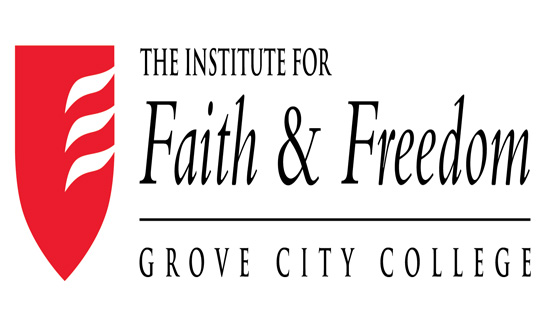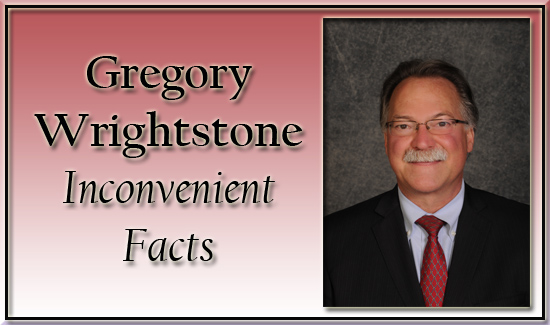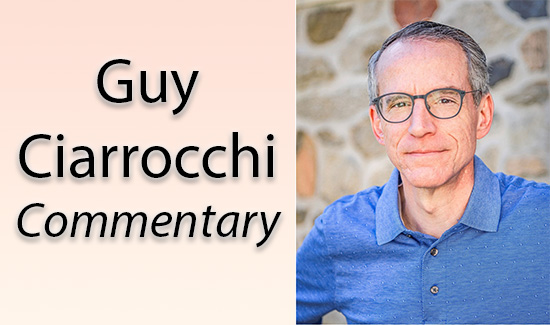Lawmakers Debate Call for a Constitutional Convention

By Todd DeFeo
Pennsylvania lawmakers are weighing a proposal calling for a convention to consider constitutional amendments aimed at reining in the spending and power of the federal government.
During a joint Senate and House State Government Committee hearing, lawmakers heard from witnesses both in favor and opposed to House Resolution 206 and Senate Resolution 234. The proposals call for a convention under Article V of the Constitution to consider amendments “that impose fiscal restraints on the Federal Government, limit the power and jurisdiction of the Federal Government and limit the terms of office for its officials and for members of Congress.”
“You actually have the singular most important, most powerful role of anybody in the United States government,” Mark Meckler, president of the Convention of States Project, told lawmakers, noting that Congress and the president do not have the power to call for a convention.
One question centers on whether legislators can limit the focus of a convention. Even if states call for a convention to address a specific topic, there is no way to limit its scope or the amendments that might come out of any gathering, Andy Schlafly, testifying on behalf of the Pennsylvania Eagle Forum, told the committee.
“You can’t limit these things, and it’s like playing with matches in a dry forest,” Schlafly told the committee. “And, the people [who] are playing with matches don’t intend to start a wildfire, but often a wildfire results, and unfortunately, that is what would happen if we had a constitutional convention under Article V.”
“We all know the federal government’s out of control,” Meckler said. “Whatever your party is, whatever your ideology is, we’re not happy with what’s going on in Washington, D.C. Their approval rating is somewhere around typhoid, right? And so, we know we have to do something about it, and you’ve been given the power to do something about it.”
In arguing against a convention, Schlafly said the Constitution already has the mechanisms needed to make changes.
“The Constitution is not the problem. We do have problems. Everybody does,” Schlafly said. “… A lot of us have financial problems. Well, when you have a financial problem in a family, you don’t take everything you have and bet it on the roulette wheel at a casino, thinking that’s going to solve your problems. Taking a huge risk does not solve problems, and the Constitution is not our problem.”




